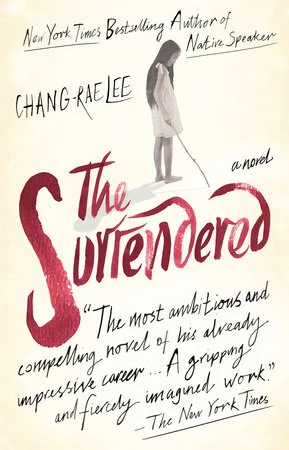KOREAN WAR
In the dry and clinical description of the annalist, the Korean War may be defined as a war between North Korea allied with China and the Soviet Union and South Korea allied with the United Nations and the United States of America. The war began on 25 June 1950 when North Korea invaded South Korea. As always, wars have complex backgrounds. Reasons and factors and inevitabilities are dominoes that later historians set up in the worthy cause of warning the present time and future times not to go down that path.
I will keep this personal and small-scale. My father was a veteran of the Korean War. He was there 1953-1954 with the 7th Infantry Division and was awarded a Bronze Star for meritorious service. He was 23-24 years old there, fresh out of Michigan State University’s ROTC program. We always traded military history back and forth. Late in life he began to tell me stories of his time there — and of his experiences in the Dominican Republic and in Vietnam. As a bookseller I provided him with books on “his” war, which he appreciated for the larger canvas they provided. Here are some of the good ones I have found over the years. I know I don’t have enough of the Korean perspective of the war, and I don’t have many big strategic maps that situate the war within the Cold War. But this listing is a beginning. History is always beginning over. As a discipline, as a way of thought, history never tires of trying to get the story not only right but understandable.
The Surrendered
The Surrendered
Chang-rae Lee, the bestselling and award-winning author of Native Speaker, A Gesture Life, and Aloft returns with his most ambitious novel yet-a spellbinding story of how love and war echo through an entire lifetime.
June Han was orphaned as a girl by the Korean War. Hector Brennan was a young GI who fled the petty tragedies of his small town to serve his country. When the war ended, their lives collided at a Korean orphanage, where they vied for the attention of Sylvie Tanner, a beautiful yet deeply damaged missionary.
As Lee masterfully unfurls the stunning story of June, Hector, and Sylvie, he weaves a profound meditation on the nature of heroism and sacrifice, the power of love, and the possibilities for mercy, salvation, and surrendering oneself to another.


